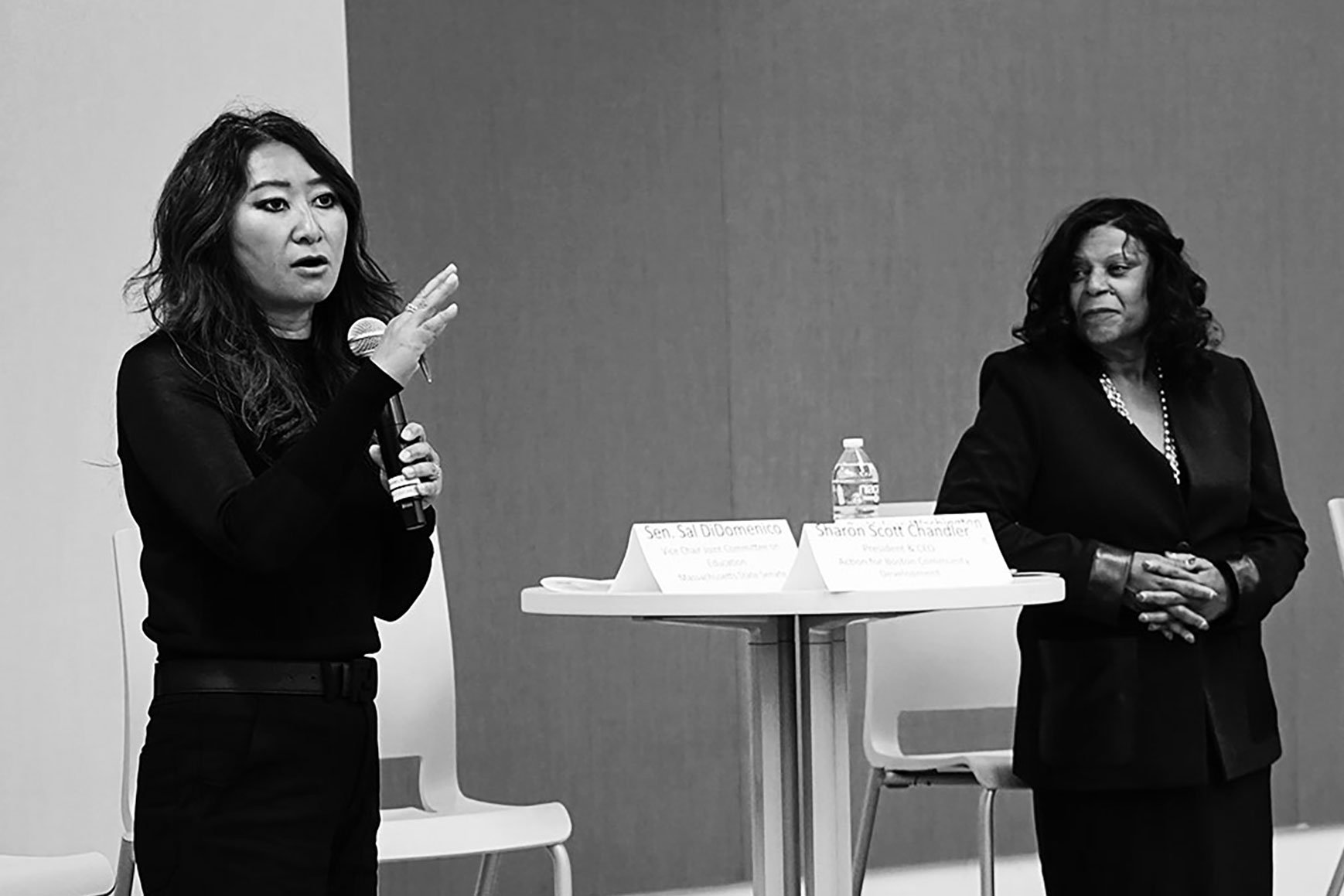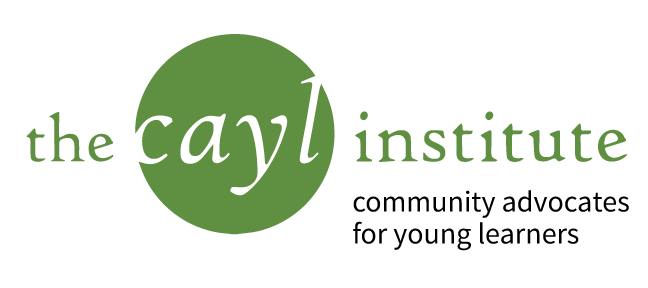Catalyzing Change
The CAYL Institute brings the voices of practitioners and families to the table to create sustainable change in early childhood education policies.

The power of A People-First Approach
CAYL understands that without the diverse perspectives of practitioners, well-intentioned policy can miss the mark. Our work aligns the needs of the people serving children every day and allows policy change to be driven by the reality of what they want and need.

Shifting the system
Engaging Partners for Big-Picture Change

CAYL’s evaluation of the Massachusetts child care voucher system gathered the perspectives of families, family child care providers, child care centers, and resource and referral agencies to identify change strategies.
In collaboration with the Bessie Tart Wilson Children’s Foundation, we documented ways the vouchers disrupted the continuity of care for children, families, and practitioners. Then we developed a road map for a better way ahead.
Workforce Development that Works for All

CAYL is a trusted convener for big-picture thinking about the early childhood education system. Our partnership with the Massachusetts Department of Early Education and Care and the United Way brought together more than 100 early childhood educators to discuss career ladders and professional development opportunities.
Together with professors, administrators, school and government officials and practitioners, we developed a series of recommendations—the overarching one being a statewide professional development system to meet the needs of all practitioners.
Shared Understanding Across Regions

In both Boston and in Ohio’s Mahoning Valley, CAYL convened school principals to create a shared understanding of developmentally appropriate practice and to work to strengthen education in the early years. Leaders focused on the rising needs of all children and building community across several school districts.
Statewide Dialogue About Ratings Systems

CAYL’s Schott Fellows developed a plan to research the intentions behind Quality Improvement Ratings Systems (QRIS). They invited leaders in the QRIS movement to Massachusetts to initiate a statewide dialogue about designing a system that works for all.
